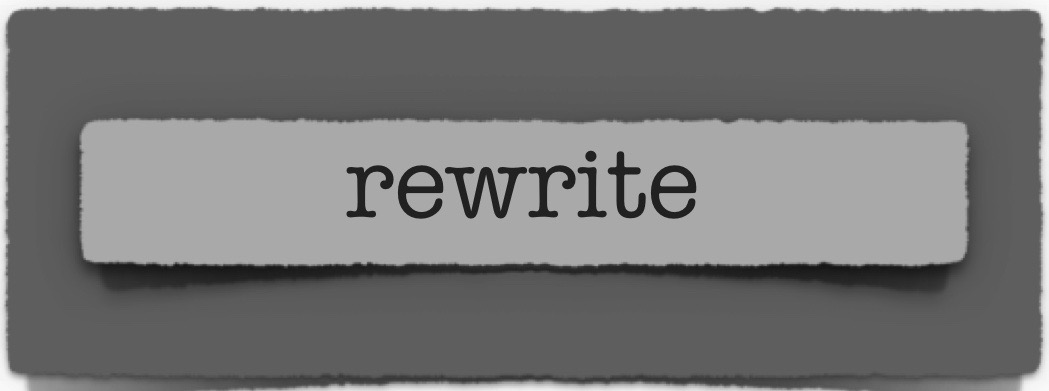Pick up any good book on writing and somewhere early in the description of the process the author will say you can’t write well if you are not reading good stuff. One article I read recently even quantified it: read a thousand pages for every one you write. I’m not sure I can live up to that ratio, but I do know that part of making time for the discipline of writing everyday durning Lent is also making room to read everyday—to feed myself, and to remind myself whatever perspective I have comes from standing on the shoulders of others who have written before me.
One of the books that found me the other day is Donald Hall’s prose collection, Essays After Eighty. Hall is a former U. S. Poet Laureate and a lifelong Red Sox fan. What’s not to love? He was also married to Jane Kenyon, who was also a poet and who died of cancer some years ago. Hall writes with a hope informed by grief and disappointment. In the essay that offers the title for the book, he says:
The greatest pleasure in writing is rewriting. My early drafts are always wretched. At first a general verb like “move” is qualified by the adverb “quickly.” After sixty times I come up with a particular, possibly witty verb and drop the adverb. Originally I wrote “poetry suddenly left me,” which after twelve drafts became “poetry abandoned me”—with another sentence to avoid self-pity. When my doctor told me I had diabetes, I was incredulous. I said, “You mean I am pre-diabetic.” Writing in this book, I changed a verb to mock my silly presumption. “‘You mean I am pre-diabetic,’ I explained.” (13)
Hall’s own account of his process describes the time it took to find the right word, and it brought to mind Blaise Pascal’s apology to his superiors: “I would have written a shorter letter, but I did not have the time.” It also brought one of my favorite songs to the surface—Paul Simon’s “Rewrite,” which begins,
I’m working on my rewrite, that’s right
gonna change the ending
throw away the title
toss it in the trash
every minute after midnight
all the time I’m spending
is just for working on my rewrite
gonna turn it into cashI been working at the car wash
I consider it my day job
’cause it’s really not a pay job
but that’s where I am
everybody says “The old guy
working at the car wash?”
hasn’t got a brain cell left since Vietnam
In a few lines Simon paints a visceral picture of a guy coming to terms with his life and still dreaming, though it seems hope is running thin. What makes it a favorite song for me is the chorus:
but I say help me, help me
help me, help me thank you
I’d no idea that you were there
when I said help me, help me
help me, help me thank you
for listening to my prayer
The offerings of these three wise men brought me to an epiphany, if you will. The best we can do with our rewriting skills is to invest in one another’s stories. I don’t mean the point of life is to correct one another; I mean help each other write the life stories we have dreamed of. Listen to the next verse of Simon’s song.
I’ll eliminate the pages
where the father has a breakdown
and he has to leave the family
but he really meant no harm
gonna substitute a car chase
and a race across the rooftops
where the father saves the children
and he holds them in his arms
In most all of our stories, there are points where we are not capable of seeing beyond the story we are writing, even when it is taking a direction we don’t particularly want. Yes, we make choices and we live with consequences, and we also face circumstances beyond ourselves that can leave deep wounds and scars. Like the character in the song, we sing, “Help me, help me, help me,” and we are given the chance to write a different ending when someone answers our call. Love is a powerful editor, the kind that allows the dad in the song to move from being the one who runs away to the one who holds his kids close. Love comes with words like forgiveness, grace, hope, belonging, and enough, offering us the chance to say, “Thank you.”
I’ve been working on my rewrite . . . .
Peace,
Milton

Dang, Milton! Dang! You’ve hit me again.
Hall also wrote a wonderful college textbook called Writing Well that I used for nearly twenty years through many editions. I knew it was time to retire when my colleagues (who had to use the text as well – it was a tiny school) complained that it was “too demanding” for their students. It turned out that one of the most egregiously demanding areas was rewriting.
It’s out of print but well worth seeking out!
I will chase it down. Thanks.
Peace
Milton
The mystery now is how these thoughts and words match exactly the day and the situation. Wondering, do we all feel this as we read? Thank you, Milton. I am printing this one.
These are the words that find me, Maggie.
Peace,
Milton
“I would have written a shorter letter…” always reminds me of “I was so much older then, I’m younger than that now…”
One of my favorites, Jeff.
Peace
Milton